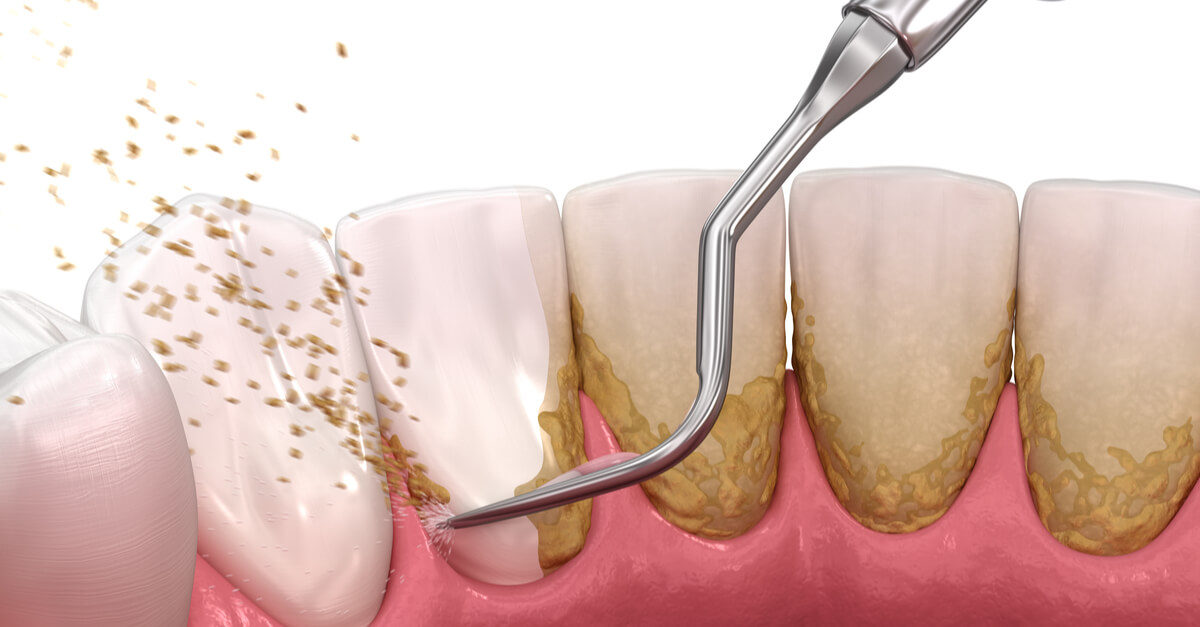How to Save a Diseased Tooth
How to Save a Diseased Tooth
Anyone with teeth can end up with a diseased tooth, from small children and the elderly to perfectly healthy adults. It can be caused by a variety of factors including bacteria in your mouth, sipping sugary drinks, poor oral hygiene, frequent snacking or even a chipped tooth.
The appropriate treatment for a diseased tooth depends on the cause and severity of each individual case. The best treatment is prevention with great oral healthcare habits and regular visits to the dentist. Either way, it’s always a good option to try and save a diseased tooth before it’s too late.
Tooth Decay
Tooth decay is one of the world’s most common health problems. Decay or cavities permanently damage areas in the enamel of your teeth, creating holes. It’s often hard to tell if you have tooth decay during the early stages. Symptoms vary depending on the severity of the cavity. As the hole in your tooth gets larger and begins to wear through the enamel to your dentin (the second softer layer of teeth), you may experience:
- Toothache
- Visible holes or black spots on your teeth
- Sensitivity to heat, cold and sweets
- Pain when biting down on food
If untreated, the holes can get larger and slowly affect deeper layers of your teeth. Once tooth decay reaches the inner layer of pulp in your tooth, it can result in a severe toothache, infection and loss of the diseased tooth. Once it spreads to the pulp, decay can damage the nerve and cause severe pain, irritation and swelling.
Tooth Abscess
A tooth abscess is a pocket of pus that can form in different parts of your tooth due to a bacterial infection inside the tooth. Bacteria during the advanced stages of tooth decay or from a broken or chipped tooth. Once bacteria reach the centre of the tooth and the tooth becomes infected, pus begins to accumulate in the tooth. This typically results in symptoms such as:
- Throbbing pain near a tooth or in your gums
- Pain when chewing or biting
- Pain radiating to your ear, jaw or neck
- Pain that gets worse when you lie down
- Redness and swelling in the face
- Swollen, red gums
- Tooth sensitivity
- Fever
- Discoloured or loose teeth
- Bad breath
- Bad taste in your mouth
- Difficulty swallowing or breathing
- Tender or swollen lymph nodes in your neck or under your jaw
If an abscess ruptures, you may feel pain relief and a foul, salty taste in your mouth as the pus drains out. Even if the abscess ruptures, you still need treatment from an emergency dentist. The infection will remain and potentially spread to other areas of your body. You may even develop sepsis if the infection enters your bloodstream, a life-threatening condition.
How to Treat a Diseased Tooth
There are a range of ways to treat a diseased tooth, including:
- Fillings – This involves removing the decayed part of your tooth and then filling the hole with a metal, gold or composite filling. This is appropriate for early-stage tooth decay.
- Crowns – If a large amount of your tooth needs to be removed to eliminate tooth decay, a crown may be required instead of a filling to cover the hole and protect the tooth.
- Root canal – If decay has reached the inside of your tooth and you have an abscess, a root canal is typically required. This involves drilling into your tooth, removing the decay inside and replacing the pulp with a root canal filling. This weakens the tooth so a crown may be required after treatment.
- Extraction – If your tooth is beyond repair, the tooth may need to be extracted, which involves removing the tooth altogether. You can have it replaced with a dental implant if desired.
The sooner you find and treat tooth decay, the better. Early intervention allows you to keep as much of your natural tooth as possible.
Schedule an Appointment With Our Emergency Dentists
To schedule an appointment with an emergency dentist, call Dentists on the Gold Coast today on 07 5531 2053 or make a booking online. Our dedicated team provides a range of general, cosmetic, emergency and preventive dental care.

